Cities today face a paradox. On one hand, they are engines of innovation, culture, and opportunity. On the other, they are increasingly burdened by traffic congestion, pollution, and outdated infrastructure. The challenge isn’t just about keeping up with growth—it’s about moving smarter, not harder.
Parking, an often-overlooked part of the urban puzzle, is one of the most significant factors affecting how people and goods move through cities. Inefficient parking systems lead to wasted time, increased traffic, and unnecessary emissions. ParkBay was built to solve that problem, partnering with municipalities to deliver real-time, automated, and sustainable parking solutions.
This isn’t just about parking—it’s about transforming how cities operate.
The Urban Mobility Challenge
Modern cities are more connected than ever, but they also face unprecedented transportation challenges:
-
Traffic Congestion: Drivers can spend up to 30% of their trip time searching for parking.
-
Environmental Impact: Prolonged idling and constant circling generate significant CO₂ emissions.
-
Economic Losses: Congestion and inefficiency lead to lost productivity and lower retail revenue.
-
Infrastructure Strain: Existing parking facilities are underutilized, mismanaged, or both.
For municipalities, these issues can feel like a never-ending cycle. But the solution lies not in expanding roads endlessly—it lies in using technology to maximize the efficiency of existing assets.
Why Parking Is the Gateway to Smarter Cities
When we talk about “smart cities,” most people think of autonomous vehicles, connected traffic signals, or electric buses. But in reality, parking is the starting point. Why? Because parking touches nearly every aspect of urban mobility:
-
Traffic Flow: Real-time spot availability reduces unnecessary driving.
-
Public Transit Integration: Park-and-ride systems rely on efficient parking management.
-
Sustainability Goals: Smart parking cuts fuel waste and emissions.
-
Citizen Experience: Easy parking reduces frustration and builds trust in city infrastructure.
By making parking smarter, cities immediately improve how people move, shop, and work.
ParkBay: Smart Parking for Smart Cities
ParkBay partners with municipalities to create parking ecosystems powered by real-time data, automation, and urban intelligence. The system integrates IoT sensors, AI-driven analytics, and mobile-first interfaces to make finding, paying for, and managing parking effortless.
Here’s how ParkBay helps cities move smarter:
1. Real-Time Parking Availability
Our IoT-enabled sensors detect open spots and feed live data to a mobile app, enabling drivers to head directly to available spaces without circling blocks.
Impact:
-
Reduced congestion in high-demand areas.
-
Lower emissions from idle vehicles.
-
Smoother traffic flow across the city grid.
2. Dynamic Pricing & Demand Management
Cities can implement flexible pricing models that adjust based on demand, time of day, or event schedules.
Impact:
-
Better space utilization.
-
Increased revenue without increasing infrastructure.
-
Encouragement for off-peak travel and use of alternative transport.
3. Automated Enforcement
With License Plate Recognition (LPR) technology, enforcement becomes more efficient and less resource-heavy.
Impact:
-
Reduced manual labor costs.
-
Faster violation detection and processing.
-
Improved compliance rates.
4. Integration with Public Transit & EV Infrastructure
ParkBay’s platform integrates with EV charging stations and public transit systems, enabling park-and-ride services and supporting sustainable mobility initiatives.
Impact:
-
Boost in EV adoption.
-
Reduced inner-city congestion.
-
Enhanced multimodal transport usage.
5. Data-Driven Decision Making
Every parking interaction generates valuable insights—demand trends, occupancy patterns, and user behavior.
Impact:
-
Optimized infrastructure planning.
-
Informed policy-making.
-
Improved long-term urban strategy.
Case Study: A Smarter City in Action
Imagine a mid-sized city with a growing downtown core. Businesses are thriving, but congestion and limited parking threaten the area’s accessibility. Traditional meters, outdated enforcement, and a lack of real-time data leave both drivers and city managers frustrated.
By partnering with ParkBay, the city implements:
-
IoT sensors across all municipal parking areas.
-
Dynamic pricing to spread demand throughout the day.
-
LPR enforcement to free up enforcement teams for higher-value tasks.
-
Integration with public transit, allowing commuters to park in designated hubs and take shuttles or trains into the core.
Results within 12 months:
-
Average parking search time drops by 40%.
-
Traffic congestion in the downtown core decreases by 18%.
-
Parking revenue increases by 22% without expanding facilities.
-
Citizen satisfaction ratings for “ease of getting around” improve by 30%.
Sustainability & Smart Parking
One of the most compelling reasons for cities to adopt smart parking is its environmental impact. Every car that doesn’t have to circle for 10–15 minutes to find a spot reduces CO₂ output significantly. Over the course of a year, this can add up to thousands of metric tons of emissions avoided in a single city.
ParkBay also supports EV adoption by integrating smart parking with charging stations, ensuring that infrastructure growth aligns with clean energy goals.
The Economic Case for ParkBay
For municipalities, smart parking isn’t just an environmental win—it’s an economic one. Revenue from optimized parking management can be reinvested into other urban improvements, from public transit to pedestrian-friendly zones.
Additional benefits include:
-
Higher Retail Sales: Easier parking attracts more visitors to local businesses.
-
Reduced Operational Costs: Automation and data-driven planning lower enforcement and maintenance expenses.
-
Better Asset Utilization: Dynamic management maximizes use of existing parking stock.
A Partnership Model for Success
ParkBay doesn’t just provide technology—we partner with cities to tailor solutions that meet their unique mobility challenges. Our approach includes:
-
Needs Assessment: Understanding your city’s mobility goals.
-
Custom Deployment: Designing the right blend of sensors, software, and integrations.
-
Ongoing Support: Training staff, maintaining systems, and evolving features as your city grows.
-
Community Engagement: Educating citizens about new parking systems to ensure adoption.
The Road Ahead
As urban populations grow, cities will face increasing pressure to optimize space, reduce congestion, and meet sustainability targets. Waiting for problems to escalate is no longer an option—solutions like ParkBay make it possible to act now.
Cities that embrace smart parking today will enjoy smoother traffic, cleaner air, and a more satisfied public tomorrow. It’s not just about parking—it's about building the connected, sustainable, and efficient cities of the future.
Conclusion: For Cities That Want to Move Smarter, ParkBay Delivers
If your city’s goals include reducing traffic, cutting emissions, and improving operational efficiency, ParkBay is ready to help you make it happen. By combining real-time data, automation, and forward-thinking design, we give municipalities the tools they need to keep up with growth—and lead the way toward smarter mobility.
Hashtags for Blog Sharing:
#ParkBayPartner #CitySolutions #UrbanMobilityLeaders #FutureReadyCities #GovTech #SmartCityPartnership #UrbanEfficiency
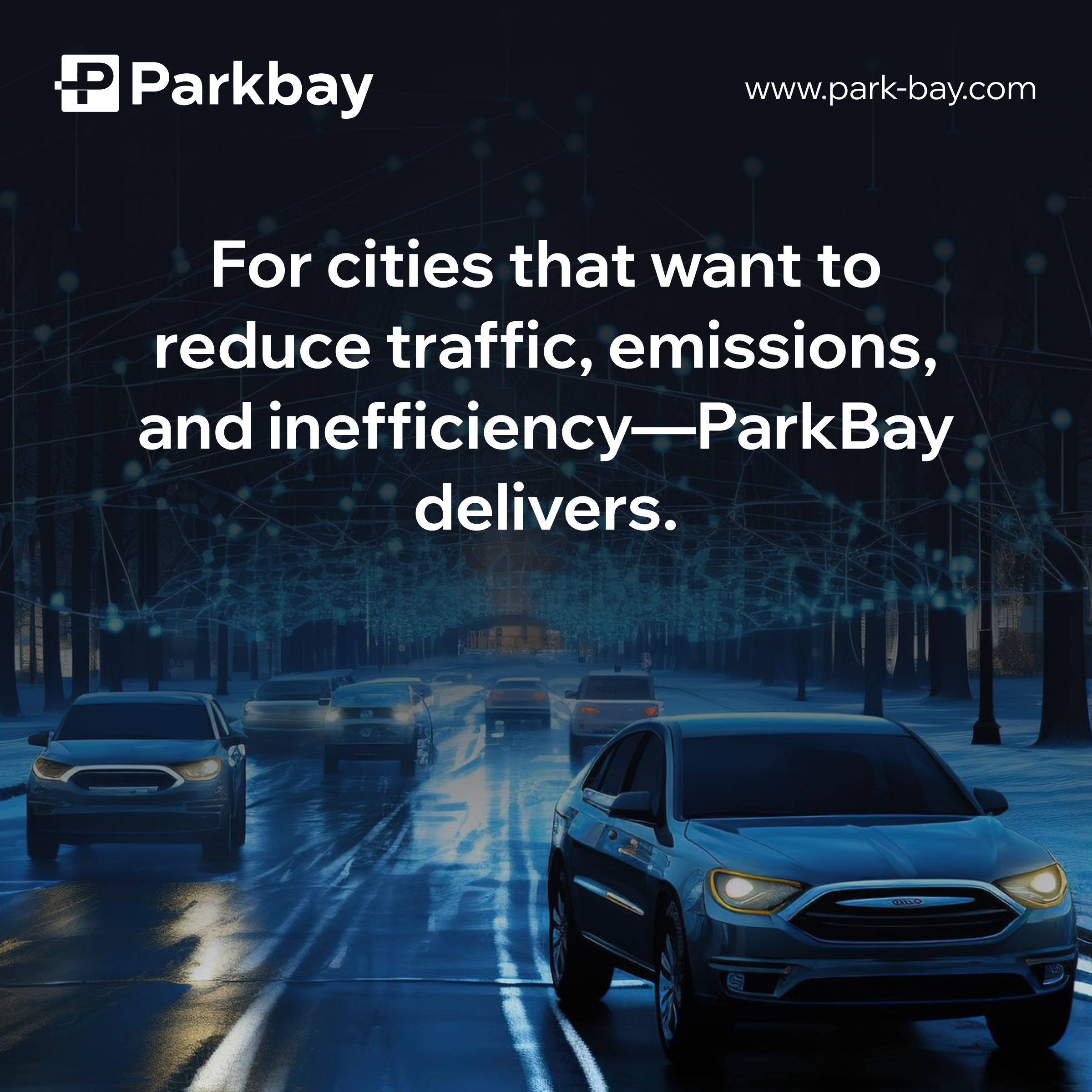



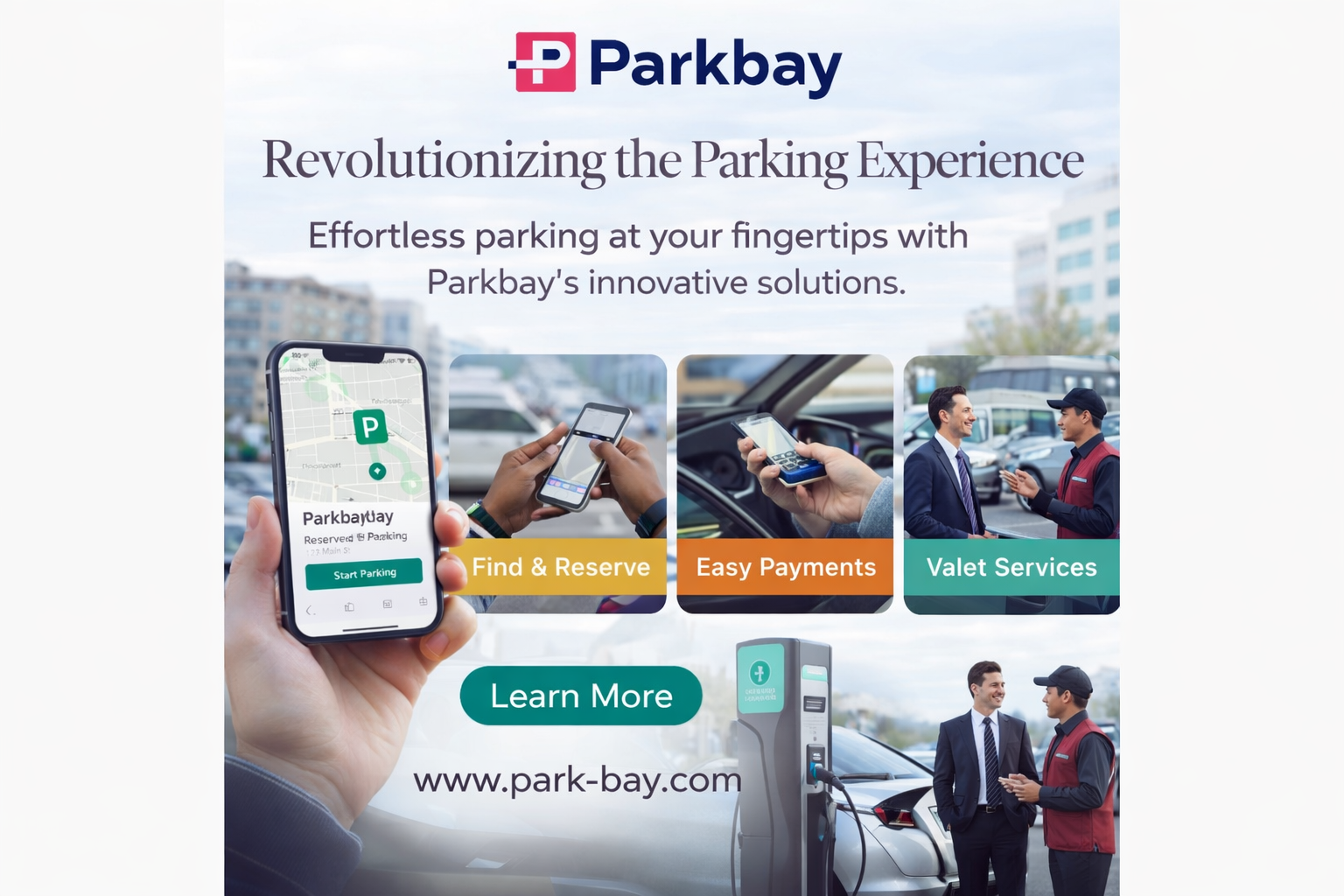
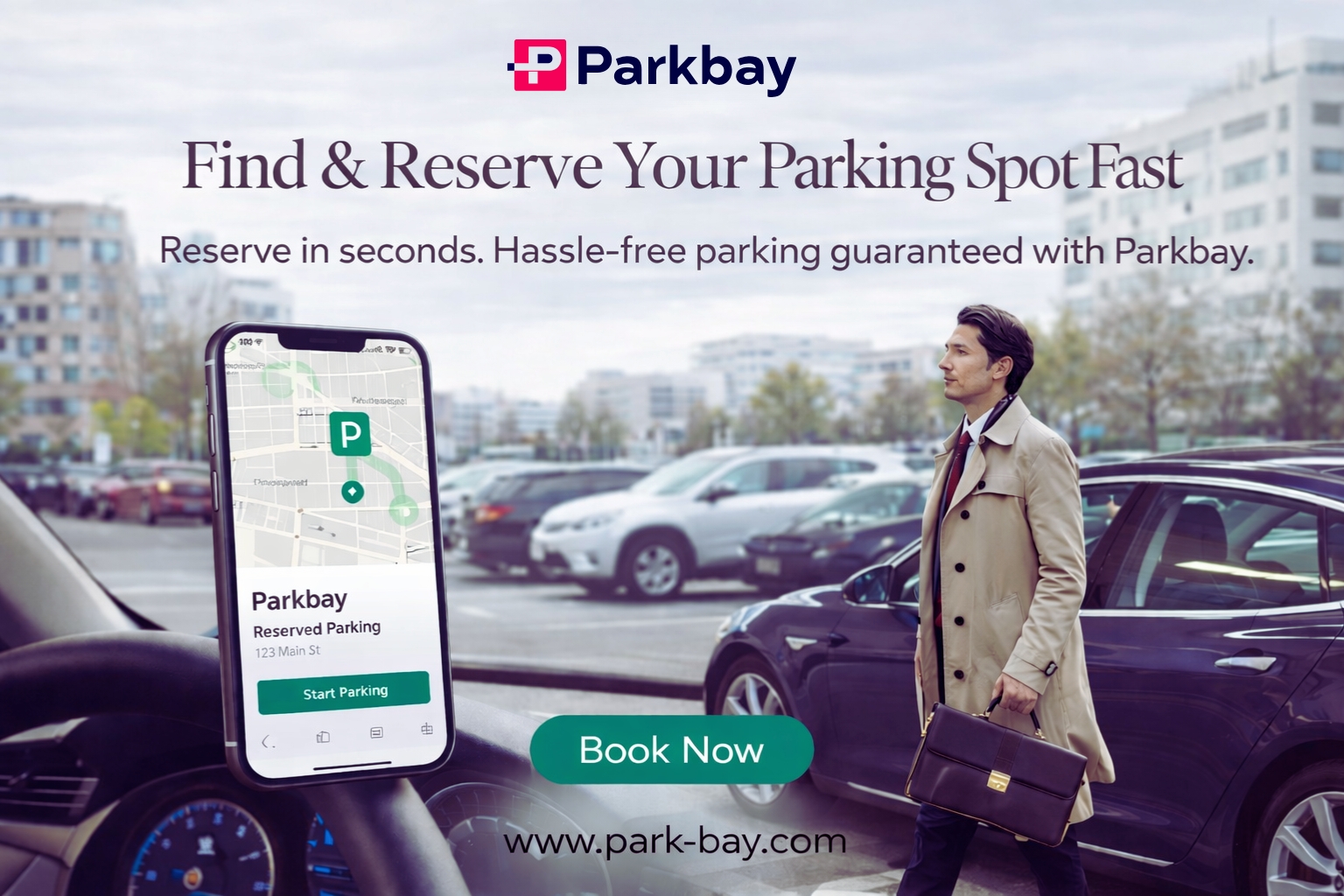
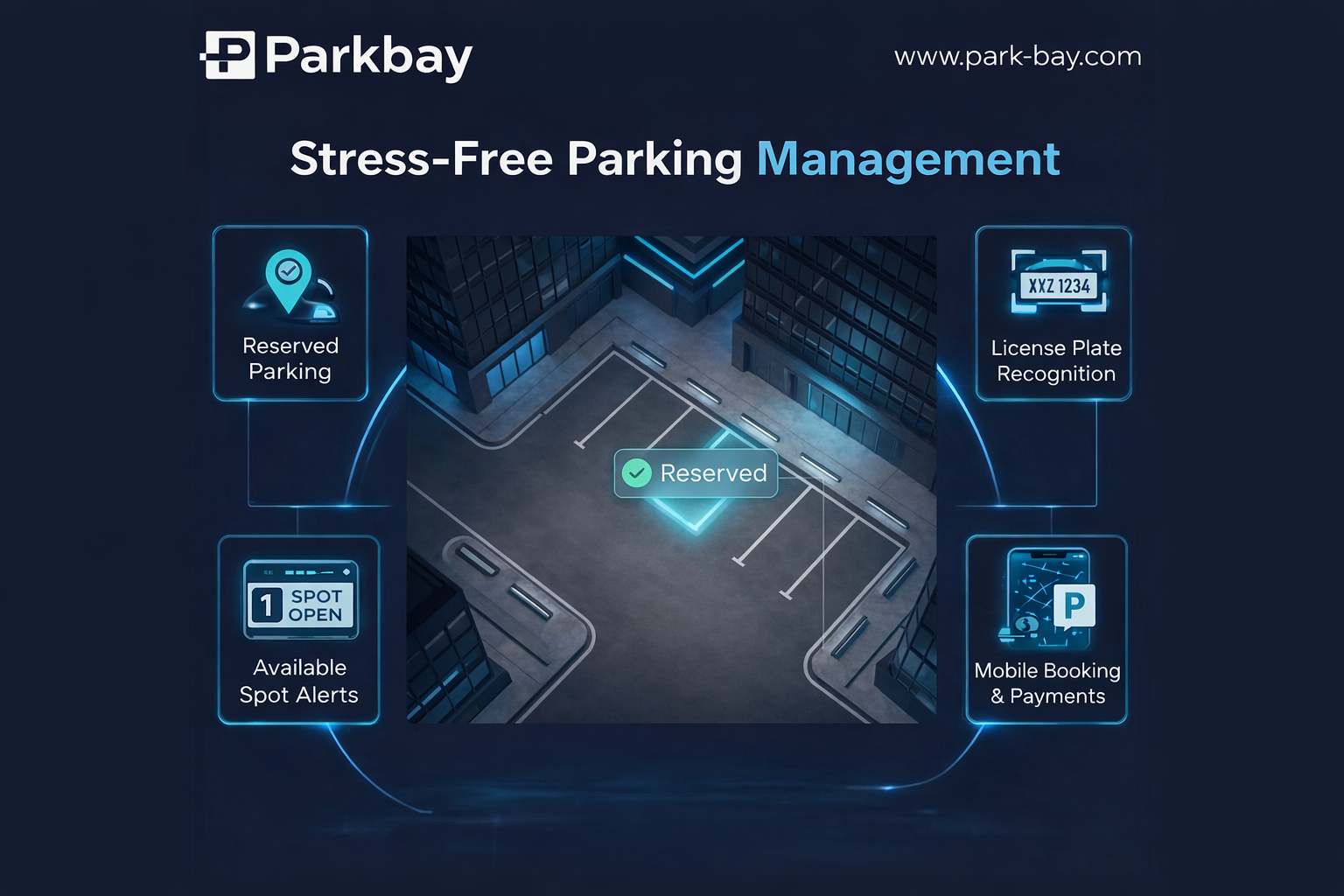
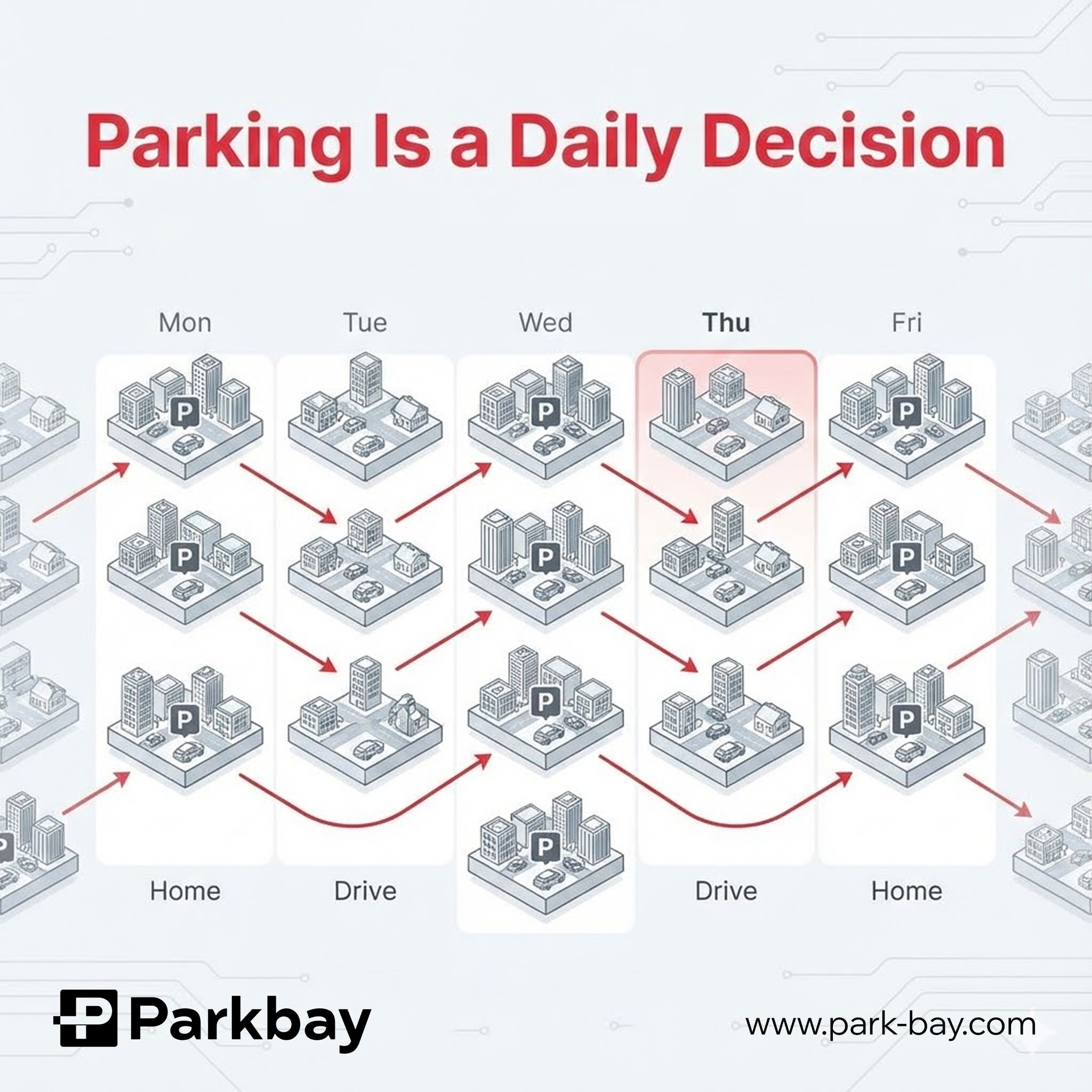
Leave a reply